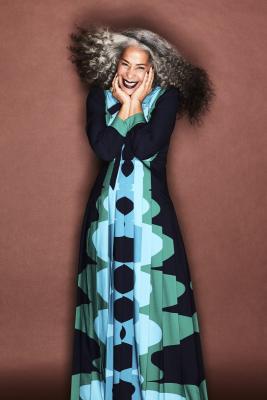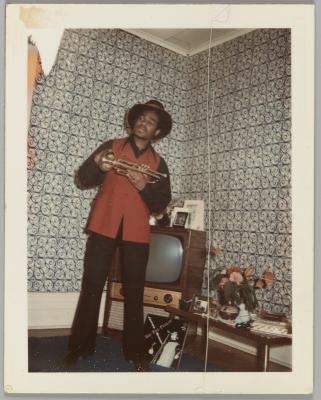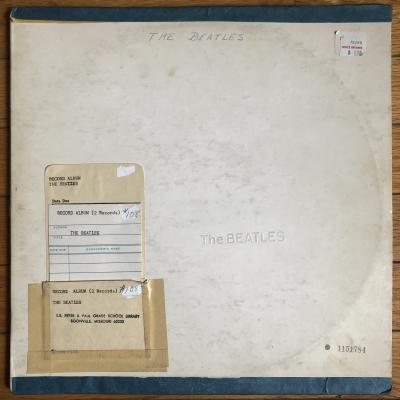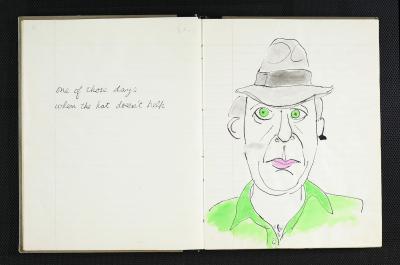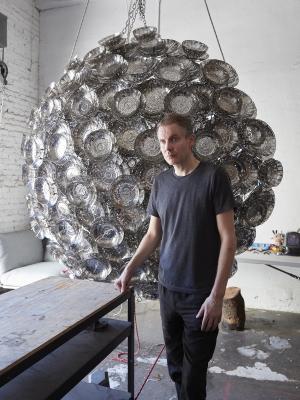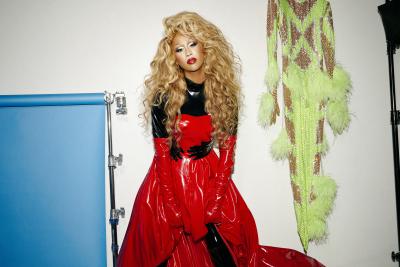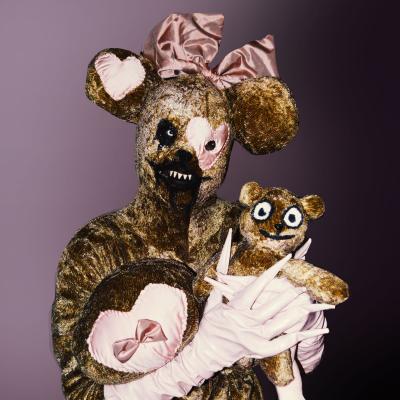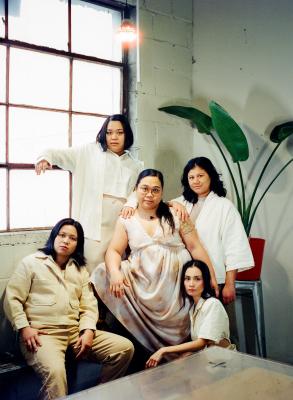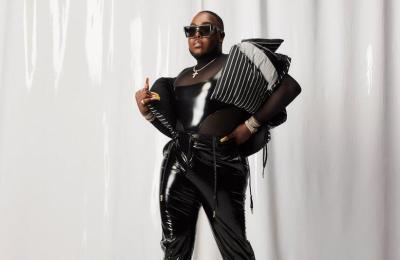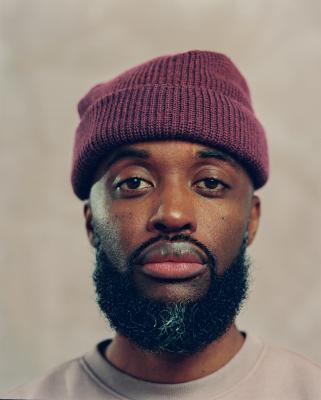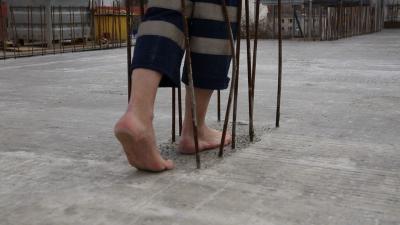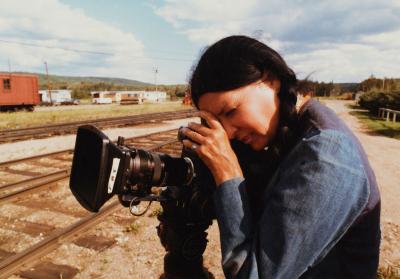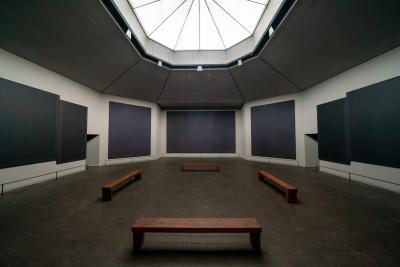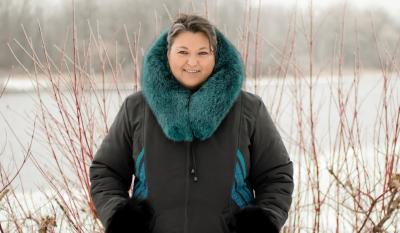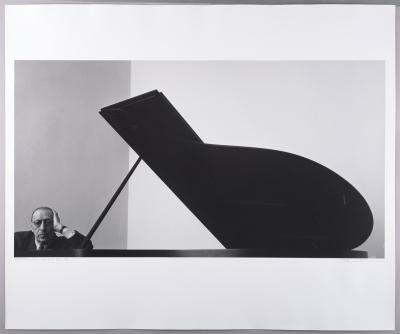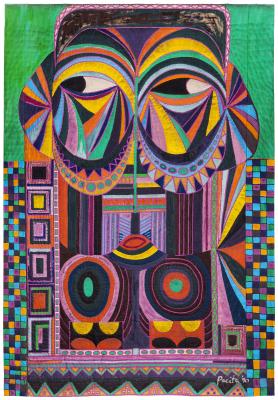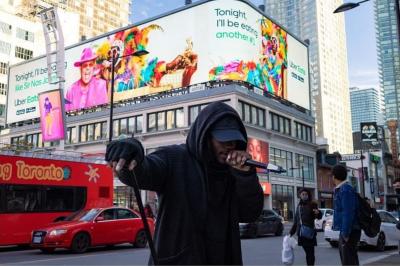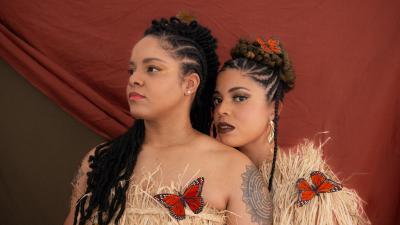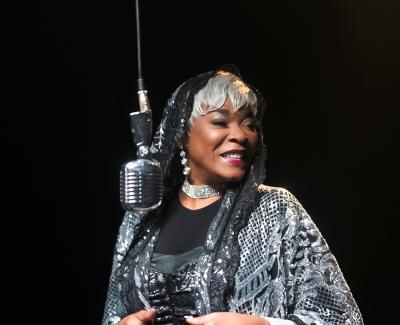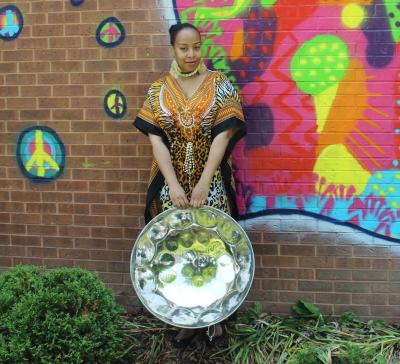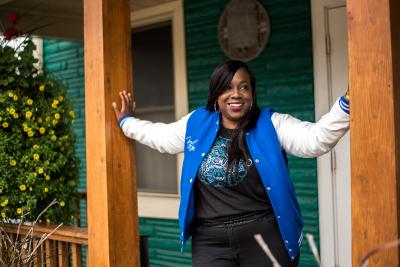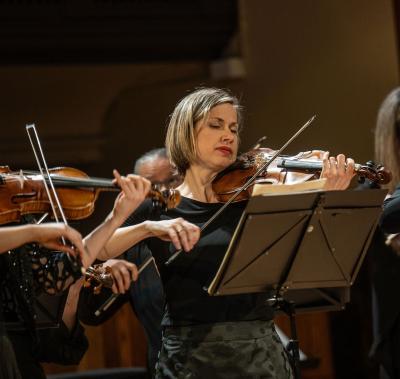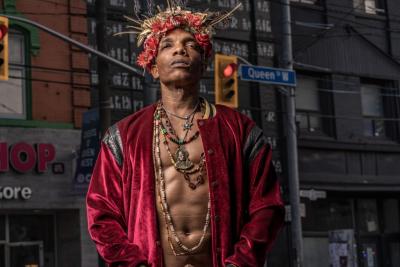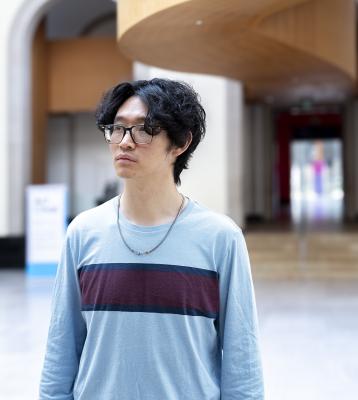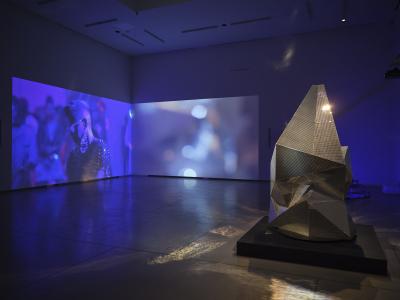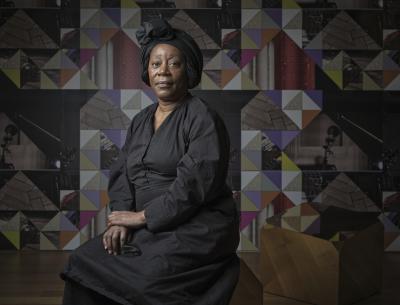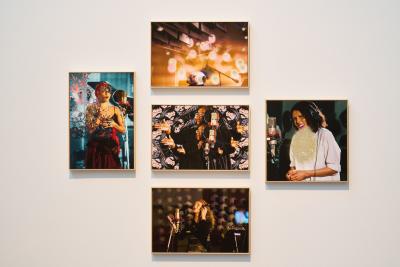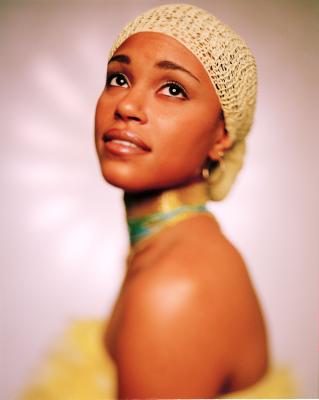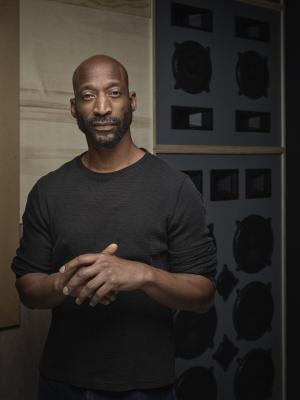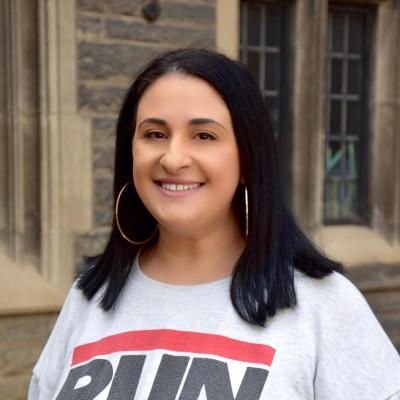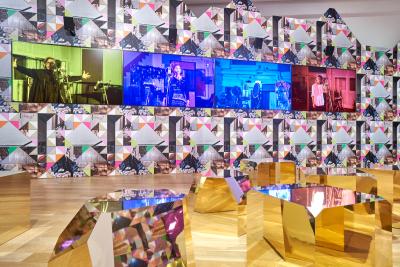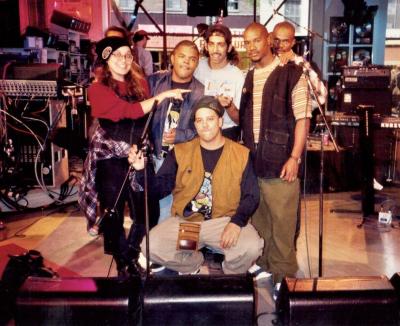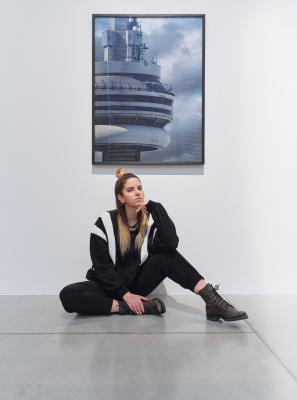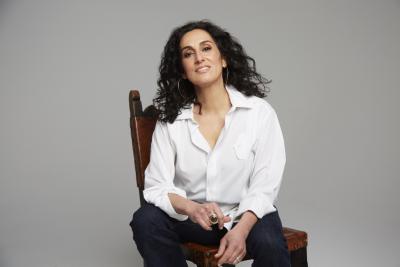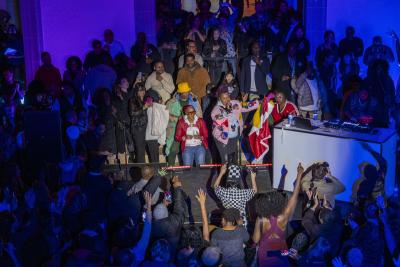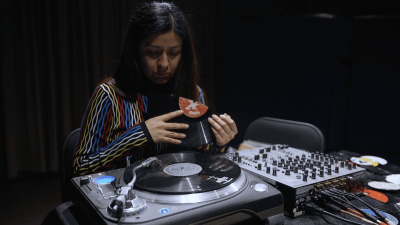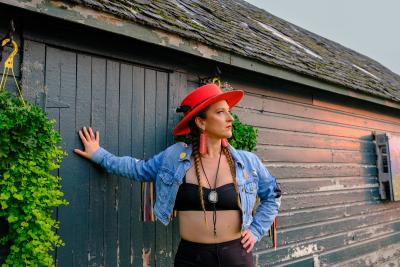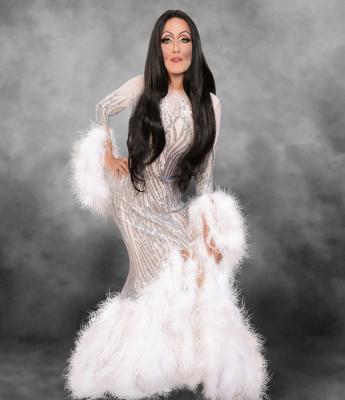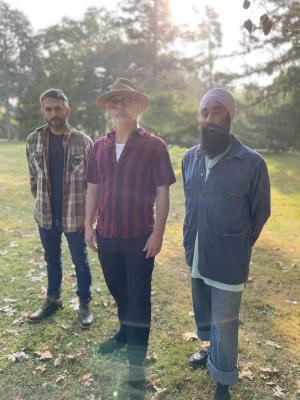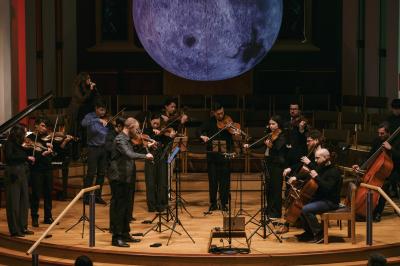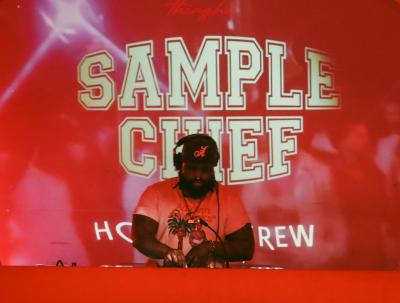Sharon Marley's metamorphosis
Returning as a solo artist, Sharon Marley discusses emerging from her cocoon to make music again
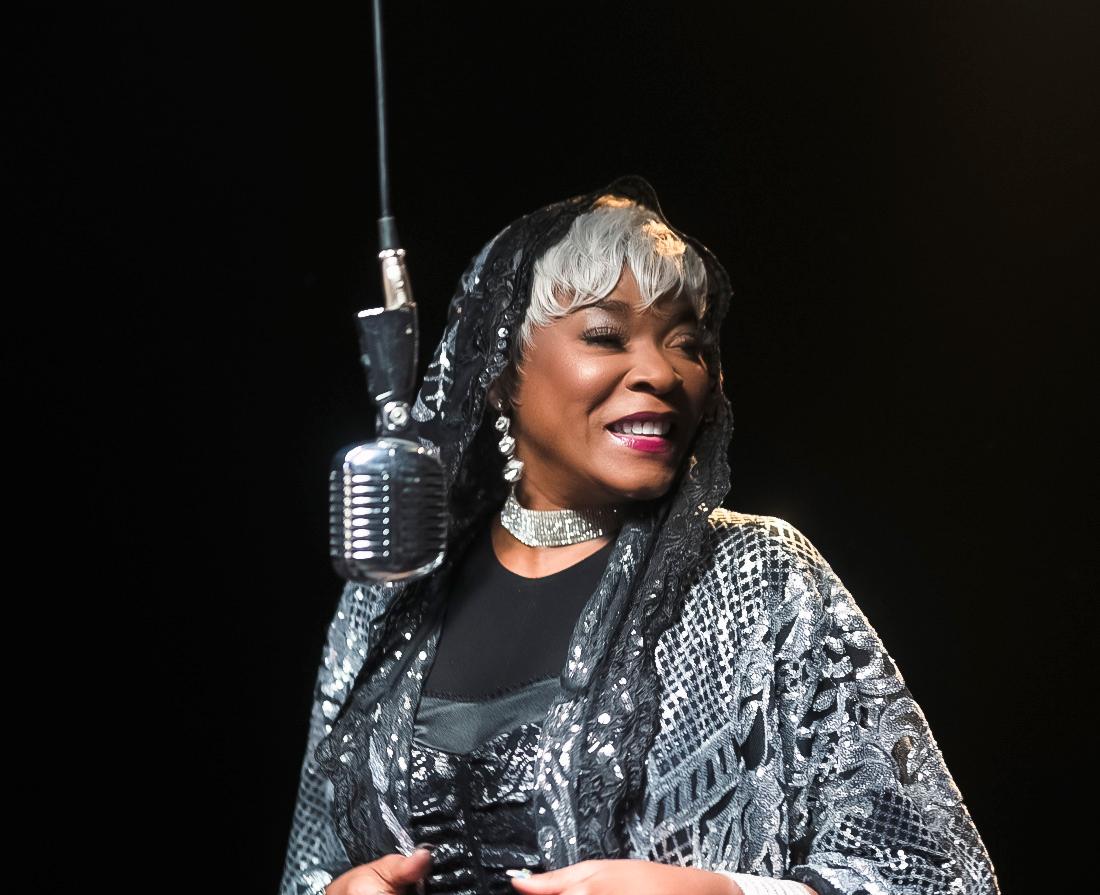
Photo taken by Tizzy Tokyo.
Entertainer, singer, songwriter, actress, teacher, mother, and grandmother — an abundance of words can describe the career of Sharon Marley, eldest daughter of Bob and Rita Marley.
When asked if there’s anything she doesn’t do, Marley takes a beat to think, breaking the silence with a warm laugh before wisely responding, “I know what I can do and what I love to do. I think I’m blessed that I am doing what I love to do.”
While her long list of titles is impressive, the descriptor that most accurately represents Marley now is a metaphor: a butterfly undergoing metamorphosis. After over two decades of touring with her siblings in the group Ziggy Marley and the Melody Makers and a 20-year hiatus from music, Marley is emerging from her cocoon to not only step back onto the stage but also into her very own spotlight.
Embarking on her solo career, Marley released a remake of her mother’s song “Just One More Morning,” in 2021 and her original single “Butterflies in the Sky” in 2022. On a roll, she’s now gearing up to release her newest single “Steppah,” which transports listeners to the dance floor days of rock-steady and rub-a-dub.

Image courtesy of the artist.
Marley will be performing at the AGO on February 9 from 7 to 8:30 pm in Walker Court as part of the Gallery’s Black History Month Programming. Coinciding with the release date of “Steppah,” Marley will be performing her new single live, as well as paying homage to her family with a special tribute set.
Foyer caught up with Marley to talk about her solo journey, using the love frequency in her music, her parents’ influence, and what returning to Toronto means for her.
This interview has been edited for clarity and brevity.
Foyer: After spending 23 years performing with your siblings in the group Ziggy Marley and the Melody Makers, you went on a 20-year hiatus from music. How does it feel to be making music again, this time on a solo journey?
Marley: It feels great. There’s a little anxiety of course, because I never really saw myself as a solo artist. I didn't mind being in the background, so stepping out on my own was a little daunting for me. But I have a good support team. My mother is very excited to see and hear what I'm doing. If I play her song and she's excited, then I'm excited too. My children, of course, are very supportive. My son Inglemar is my main songwriter these days. He's written several songs that are going to be on my upcoming album, and of course, my latest singles “Steppah” and “Butterflies in the Sky.” My other son, Matthew, is my graphic artist. He designed a fabulous cover for “Steppah” because we will be doing vinyl for vinyl collectors. And then Donisha, my daughter, is my co-director and producer. So, it's a family affair and that makes me a little bit more comfortable because I know they're looking out for my best interest.
It’s really beautiful to see how close-knit your family is.
And it's always been that way, even with my siblings. My parents always told us we didn't need to have any friends because they were enough of us as brothers and sisters. So, we grew up very close-knit and that's the way my children are as well.
Foyer: The first single you released was a remake of your mother Rita Marley’s song “Just One More Morning,” in honour of her 75th earthstrong (birthday) — did this inspire you to make your own music again?
Marley: That was the primary reason. I would sing my mother's songs all the time in the shower. I remember when I moved to Oshawa (Ontario) all those years ago, I had her vinyl album, Stevie Wonder's vinyl album, Junior Tucker's vinyl album and a Bob Marley vinyl album and I would always play them, and it was soothing for me.
I did a remake of [“Just One More Morning”] for her birthday three years ago and that was my first time getting back in the studio. I realized I miss this, and I really enjoy doing it. Singing comes naturally for me and I love to hear my mother's voice. As life would have it, I do have her singing tone, so I sound a lot like her, which I've been told. Being that she's lost her voice somewhat, it became necessary for me personally to sing. It was comforting for me to hear that [singing] tone again.
Now, I've just gone with it and things come to me that I'm not even expecting. I wouldn't expect to be doing this at this stage of my life, but the blessings are coming. I'm just taking them as I go along and seeing where the journey is really leading me because it is a journey for me. I didn't have to sing again, I'm at retirement age. But there’s something prompting me to do this, and everything is becoming available for me to do this. As I say, if you have a gift and you don't use it, it will be taken away from you. So, I'm just going with the flow.
Foyer: Regarding your most recent single “Butterflies in the Sky,” you shared that your “relationship with music never dies, it only changes… the metamorphosis.” The visuals of this song tell a beautiful story about stepping out of your cocoon and becoming your true self. How does this song represent how your relationship with music has transformed throughout your life?
Marley: The “Butterflies in the Sky” video is very real — it's on the dot real because I would say I'm a shy person. People wouldn't be able to tell that right off the bat, but I'm an introvert. And like I said before, I like to make things happen from the background. That video really [represents] me coming out of that shell, coming out of that introverted person to expose myself again to the world because after being away from the forefront for so many years. I was comfortable. I didn't have to dress up and go anywhere, I didn't have to do interviews, I didn't have to wake up early. I was just having a normal life, which I didn't have for those years I toured with Ziggy Marley and the Melody Makers. Those years were on the move years — from one country to the next, one climate to the next, one language to the next in no time. I lived out of my suitcase, which I hated because you can never find anything. After going through that for almost 30 years, my downtime was so precious for me. I got the chance to do other things, to spend more time with my children, plant some roots, buy a home, my grandchildren came, and you know, it was my downtime. I really loved it.
Now I'm back on the treadmill. I don't know how long it will be for maybe, maybe it's just for this one album because I don't see myself doing this for another 20 years. But this time, I've come out of my shell. When I came out of that cocoon, I looked around at everything in amazement because I was back doing this thing that I left so long ago and so many things have changed. Social media wasn't around when I was on stage, so now you're being watched even more so than before, you know? And then I went through this metamorphosis where I started to feel my wings, but I still wasn't flying yet. I was just feeling out how it felt to open up again, to open my lungs, to open my voice again. And it felt good. The butterfly lives a very short period of time, and I don't see this part of my career being a long thing. I think it’s a special time to do what I have to do. I feel like I'm going to be spreading some fairy dust here, twinkling a little joy there, making somebody happy and bringing memories just like a butterfly does. It doesn't really stay in one place — it's constantly moving and bringing smiles. So, I feel like that's who I am.
Foyer: Let’s talk a bit about your upcoming album. What can listeners expect?
Marley: Yes, I’m working on my first body of work. I think by the end of this year, I'll have it out. You know, there's no rush for me. The album is there ready to come out but before that I have two more singles to come out after “Steppah. [The album] is a mixture — my music is not pure reggae. I love jazz and blues and so my music tends to have a mixture of jazz, reggae, and a little bit of R&B because the kids are into that. So, the flavour is there, but it's not a strict reggae album and I'm thinking this is not a straight dance album either. I'm thinking it's for the ears, you know, it's just candy for the ears. We have candy for the eyes, and this is candy for the ears. It’s for Sundays by the pool to just appreciate the sound because I’m making my music to 432 hertz, which is the love frequency. When I finished “Butterflies in the Sky,” I started working on my album and that is when I turned to my producer Leroy Romans and told him I didn't just want to do music for doing music, I wanted to do it at the love frequency. I'm not just doing music to be able to go on perform. I'm doing it as therapy for me too. As I said, my mom losing her voice really affected my whole family. It's heartbreaking. And so being able to sing is like therapy for me and for my mom.
When I heard that André 3000 came out with his album at 432 hertz, I was pleasantly surprised that somebody else is thinking that way. My producer said to me you'd be surprised how many other people are doing this and I'm happy to hear that because we need some positive energy out there. You know, there’s too much negative [energy,] too much. Enough of that already. So, my music is ear candy.
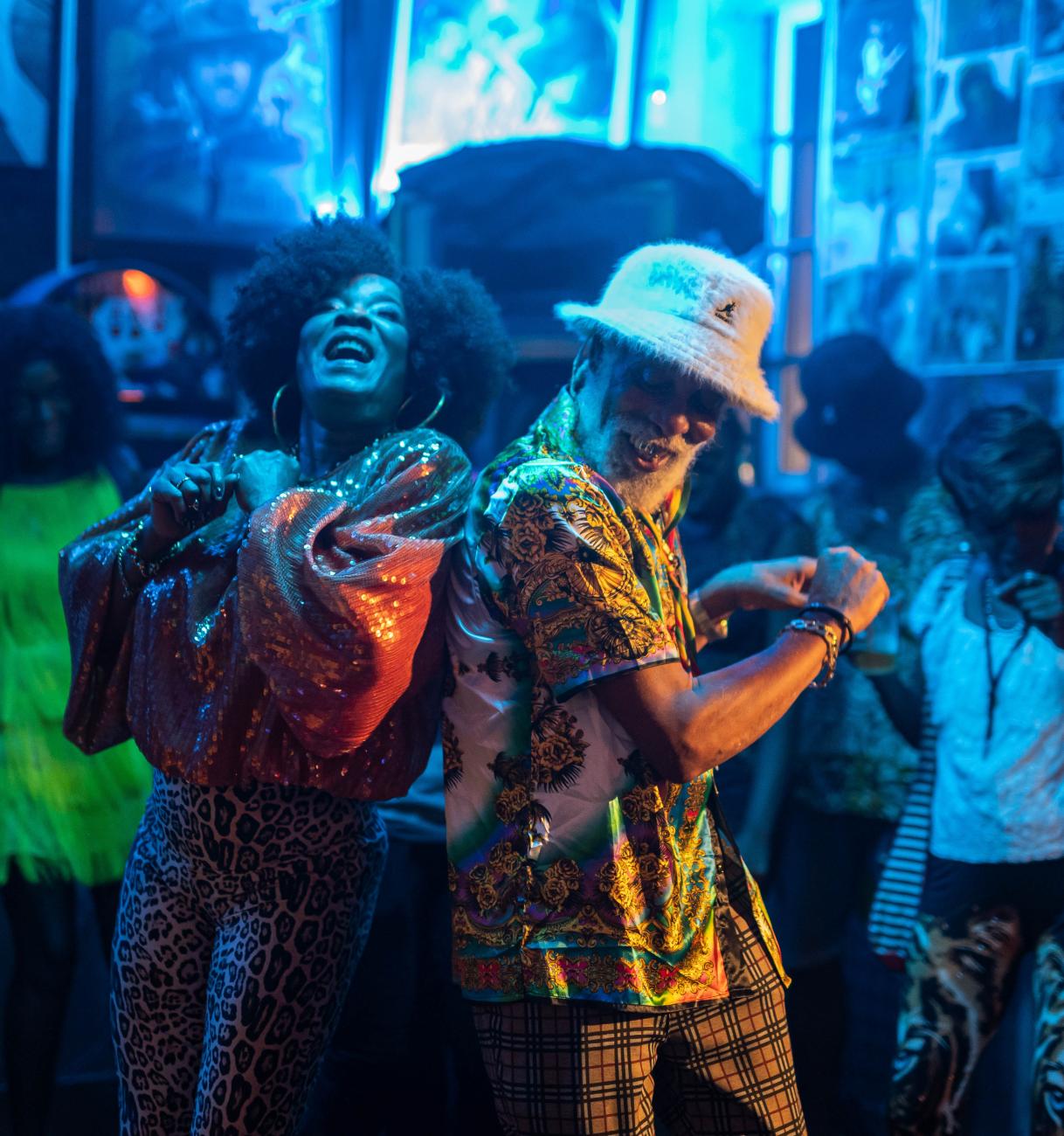
Image courtesy of the artist
Foyer: Building off recording your music at 432 Hz, you’ve referred to this album as a spiritual odyssey. Why is spirituality a large part of this album?
Marley: If you watch the [recently released] movie Bob Marley: One Love, you will know that my mother is a very spiritual person, and we were raised like this. We were raised going to church every Sunday. We took communion every first Sunday, and we had to stay in church for three hours. We had to go to Nyabengis when we were children. Being in the Rastafarian religion and being a Rastafarian family, we're very spiritual. We were taught a chapter [of the bible] a day keeps the devil away - we were that kind of family. We were always burning our incense and always having our spirituality nurtured before anything else. So, [spiritutality in my album] for me is not surprising, this is who we are. Bob Marley wasn't just somebody for the world. He had a family and children that he had to raise based on our beliefs. Watching the movie, even though it was only an hour and a half, it really pinpointed the spiritual aspect of my parents. I was happy about that.
Foyer: So, this album was the natural outcome of the values you were raised on. This is a great segue into my next question: what was it like to grow up with two of the most revered reggae artists?
Marley: Well, when we were growing up, we didn't know that they were revered. I don't think at that time they were as revered as they are now. It was just Mommy and Daddy and we had to be back in the house wherever we were before they got home. If we were next door and we heard that VW coming up the road, we had to jump the fence to get in the house before our parents got there because they were like that. They were super strict — we weren't allowed to go to parties and those things. Church was our thing and school and then music. But they were just regular parents. We did regular things until our parents got more famous. We had days when we only had cabbage for dinner. After the assassination attempt [on Bob and Rita Marley in 1976], that's when I became more aware of what was going on. Why would somebody try to shoot our parents? Then we got scared of going anywhere.

Photograph by Tizzy Tokyo
Foyer: In what ways do you find your childhood and parents influencing your current music?
Marley: Music was our life because every day we heard different kinds of music: reggae music, we heard gospel music, we heard jazz music, all kinds of different music would be playing in that house. And that I think has somehow influenced my album and how I sing now. I said to my producer that I think I want to do a gospel track. Who expects me to do a gospel track? But you never know because I very much love gospel music.
All of it [influences my music]. I think I'm also going to cover a Bob Marley track on my album, but I'm not going to tell you which one yet. I have to give honour to my parents. I have to give honour to my upbringing and to how we were raised. There’s nothing wrong with how we were raised. We were raised as Rastafarian children - very humble. We take our upbringing very seriously. We burn our incense all the time. Our children are raised the same. They have to respect their elders and all those [values] our mother instilled in us after Bob. She's the rock, she's the rock.
Foyer: Let’s talk a little bit about your performance at the AGO on Friday. You shared that you will be performing a special tribute set to your family. Without giving too much away, can you tell us a bit about what you have planned for this performance?
Marley: I’m going to give it away if I tell you. [laughter] I do plan to perform tracks from Ziggy and the Melody Makers and from my mom and my dad. I hope everyone will enjoy it. It might not be the same way that they sang it, but it will be coming from the heart. I carry them with me everywhere and as the eldest child, I always feel that sense of responsibility. Even when Ziggy was here in Jamaica the other night I was fussing around like ‘did you eat’ and he was like ‘yes, big sis.’ They'll always be my babies.
I won't be dancing and running around on the stage like I used to do 20 years ago. It's going to be a more mature performance where I share my voice and share my energy. [I’m hoping] to make myself feel love for Toronto again because my father passed away when I lived in Oshawa. For years, I did not like Canada. I stayed away from Canada. My grandson, Donisha’s son, was born there and I think I'm warming back up to Canada again. So, this is not my return to Canada, but it kind of is in a way. I might have a few breakdowns; I might have a few deep-breath moments to take it all in. But [this performance] is special for me because of that. Canada is my second home, I think. I liked Canada but the last time I spoke to Bob was on the phone when I was here, so I have bittersweet memories of Canada. [This performance] is me warming my heart back to being a part of Canada again.
Catch the debut performance of Marley’s new single “Steppah,” and join her in honouring her family at her February 9 performance at the AGO, taking place from 7 pm to 8:30 pm in Walker Court. This concert is included in general admission. You can also see a portrait of Sharon Marley’s father, Bob Marley, in Dennis Morris's photograph Bob Marley, Shopping for Trench Town Kids, Leeds (1974), on view in the exhibition Life Between Islands: Caribbean-British Art 1950’s - Now, located on Level 4 of the AGO.
